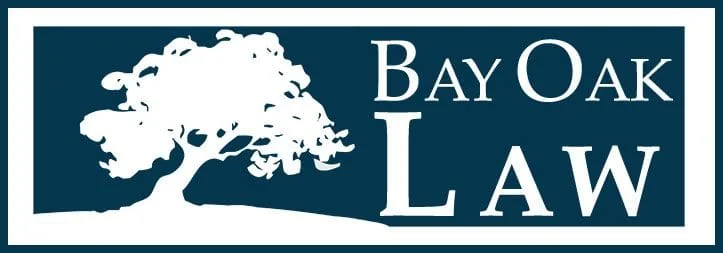- posted: Nov. 02, 2011
- High Technology Law, Business, Uncategorized, Copyright
Would you encourage your employees take a five-fingered discount from the office supply store? Probably not. Would you cheat a hard-working employee by not paying her? Of course not. However, in the press of the Great Recession, software piracy is still prevalent, and lax controls on software may be jeopardizing your company.
When buying new computers, it is easy to forget that there is more than just the cost for the hardware – you have to buy software, too. From word processors and spreadsheet programs to customized programs for your industry, it is tempting to copy programs with a single license onto multiple computers. Because after all, since you have the original media, you can do what you want, right? And who is going to check, anyway – the software sheriff?
There are two problems with this scenario, besides the fact that it is illegal. First, many programs today are subject to constant updating, and most updating is done only once per license. Your program may be missing important parts that keep it secure and let it work right. Second, there is a “software sheriff” around – the Business Software Alliance, or “BSA.” BSA’s members include some of the world’s leading software companies, like, Microsoft, Adobe, and Cisco.
Why Should You Care? The BSA is actively offering “rewards” to those who disclose illegal use of software. All a competitor or disgruntled ex-employee needs to do to mess with your business and cost you thousands of dollars and many hours of time is to contact the BSA and claim that your company is using unlicensed software. BSA is getting companies to pay $100,000 or more for their unlicensed software. This does not count the time you, your company and your counsel spend dealing with this unproductive hassle. You will save a lot of money by ensuring that you do not get stung. If your company gets taken to court for copyright infringement, your company can be held liable for up to $150,000 for willful infringement of each registered copyright, plus the attorneys’ fees and costs of the plaintiff, which can be even more substantial. Your company would also be stuck with paying for its own legal counsel, and the lost hours of employees and managers as they are called to participate in the litigation.
What to Do on Your Own. A preliminary step can be done by your own company: do a quick inventory of the software on a few computers. Select those computers that have been around the longest. Do not trust the employee using the computer to report the software – have someone else catalog all the software on each computer. Many programs are licensed for free, like Adobe Reader or Dropbox, and can be quite useful for many tasks. Others, like Adobe Photoshop or the Microsoft Office Suite can cost hundreds of dollars a copy, and are the type of software that the BSA is on the lookout for. Other common programs that are unlicensed are Symantec Antivirus programs and Microsoft Server. Match a license for each program installed. If you find an unlicensed copy or two, delete it and, if the program is needed, buy a new, licensed copy. If there is are a lot of unlicensed copies, stop and contact legal counsel for the next step.
(Incidentally, the software inventory can also turn up some other issues, such as BitTorrent clients like uTorrent, Deluge, or Vuze. Unless there is a legitimate purpose for using such software, such as distributing very large files within your business, an employee is probably using the bit torrent client to illegally copy and distribute music and movies. Since your company’s internet protocol (“IP”) address appears as the downloader, it will probably subject your company to liability. That is a nightmare you want to avoid.)
What to Do If The BSA Contacts You. If the BSA contacts you, or your preliminary inventory discovers a lot of unlicensed software, do not wait and hope that your company or your local computer guy can handle the problem. IT professionals do not have the legal background to understand the details of software licenses, which are written by legal professionals to bore and obfuscate. More importantly, your employees, or an IT professional that you employ to investigate, can be called as a witness against you if your company is sued for copyright infringement. The last thing you want is to give unfettered access to your computers to someone who can then be subpoenaed to reveal everything on your computers. If an IT professional is necessary, let your counsel do the hiring. Then the professional’s work is protected by the attorney work product doctrine or the attorney-client privilege. These concepts give attorneys and their clients private space to determine what to do, without the threat of those facts and discussions being revealed.
What Bay Oak Law Can Do for You. The sooner we are called in, the sooner we can cloak the investigation under the attorney work product doctrine and attorney-client privilege. We can manage the process to protect your data that might be demanded in a later lawsuit; if that information is destroyed, the modern trend in e-discovery is to sanction the party doing the destruction. Our lawyers have represented companies in many copyright infringement cases over the years. We can perform or supervise the license reviews. If necessary, we can assist in directing you to places where your company can buy properly licensed products. We can also assist in putting together the proper procedures to minimize future problems, including updating your employee handbook on this and other issues, like social media use.
Taking software is not cost-free – it can destroy your business. Paying for your software rewards those who work hard to develop the software, and is really much cheaper in the long run. If you have questions, call us at 510-208-5500, or contact [email protected].



